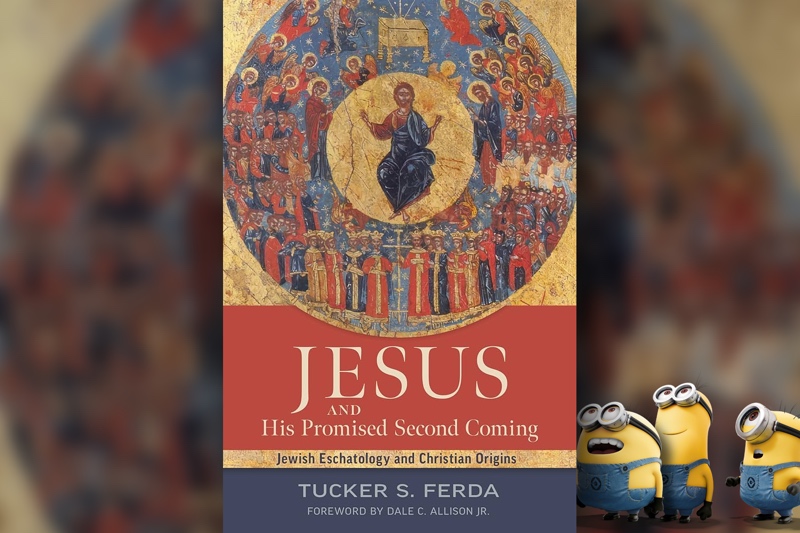In an excellent interview on the Protestant Libertarian Podcast about his book Jesus and His Promised Second Coming: Jewish Eschatology and Christian Origins (2024), Tucker Ferda uses the expression “process eschatology” to register the fact that in Jewish apocalyptic writings the “end” is generally conceived not as a single event but as a series of events. More often in the book we have the phrase “eschatological process.” That seems to me quite an interesting idea to explore.
In Kingdom Conspiracy: Returning to the Radical Mission of the Local Church Scot McKnight takes aim at two broad misconceptions of what the kingdom of God is: the “skinny jeans” reduction of kingdom to social activism, and the more conventionally religious “pleated pants” approach… ( | 10 comments)
Let me state this as clearly as I can…(I’ve picked up something of Scot McKnight’s combative tone of voice here.)The sermon on the mount in Matthew 5-7 was not preached to or for the benefit of the post-Christendom, modern-going-on-postmodern, global church.It was preached to beleaguered first… ( | 5 comments)
I wrote a piece recently offering my revision of Tom Wright’s five act play model of biblical authority. The aim was to take account both of the realistic character of biblical eschatology and of the historical experience of the church. This was my proposed narrative structure:Act 1 The… ( | 3 comments)
I have been reading an excellent little “visual guide” to the thought of Tom Wright by Marlin Watling. The book is called The Marriage of Heaven and Earth, it’s self-published, and is available as a paperback or on Kindle. Coincidentally, my copy of Wright’s The Day the Revolution… ( | 9 comments)
What did John the Baptist have in mind when he warned the Sadducees and Pharisees about the wrath to come (Matt. 3:7; Lk. 3:7)? Is there any scope for thinking that he is talking about more than—that his language exceeds or transcends—the disastrous events of AD 70? This is one of those posts that… ( | 15 comments)
Christianity is reckoned by most people, I imagine, to be at core a religion of salvation. The defining event is the cross, understood as an act of atonement or redemption, the means by which people are saved. If you are not a Christian you are “lost” or “perishing”. If you become a Christian, you… ( | 19 comments)
I asserted in the last post on the “firstfruits” that my reading of New Testament eschatology “is not preterism; it is a matter of taking the historical perspective of the early church seriously”. Peter thinks that taking the historical perspective of the early church seriously is exactly what… ( | 15 comments)

Recent comments